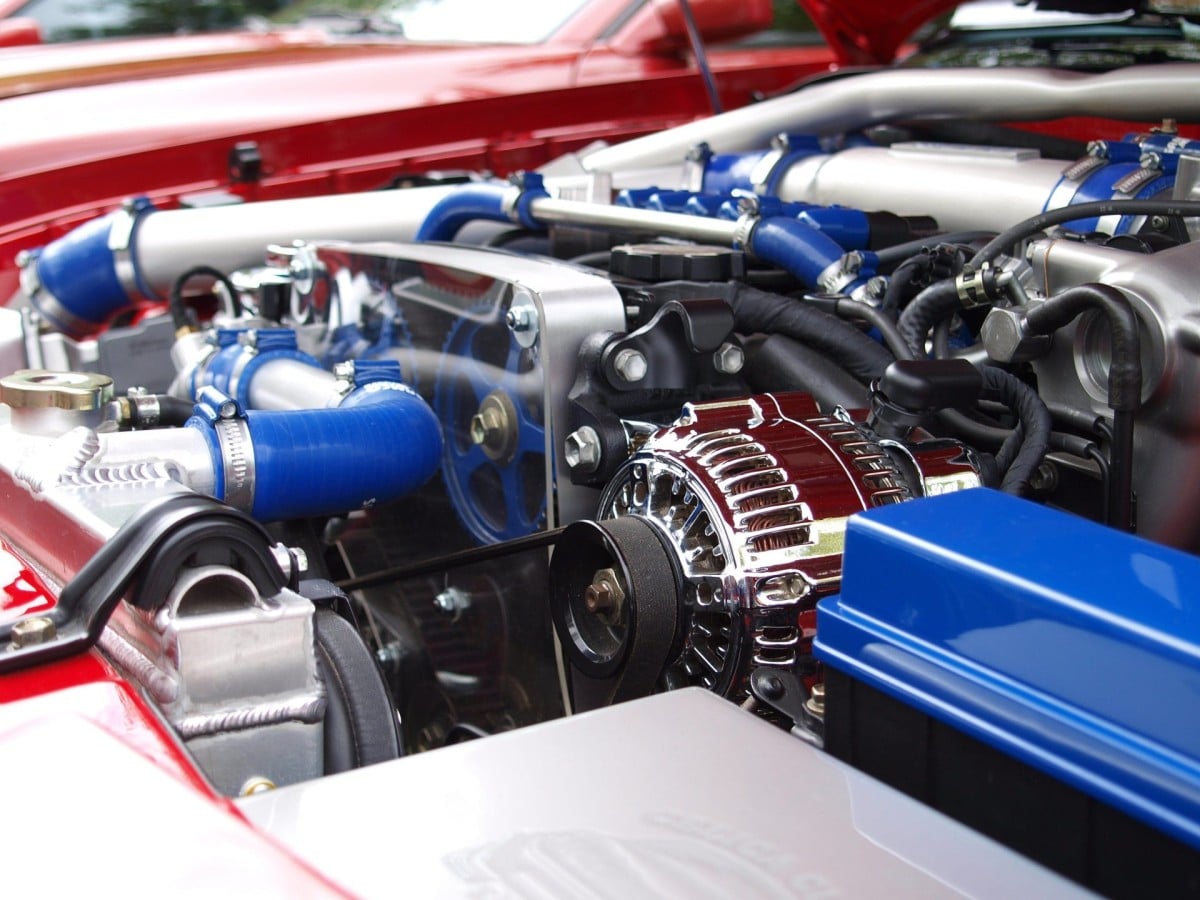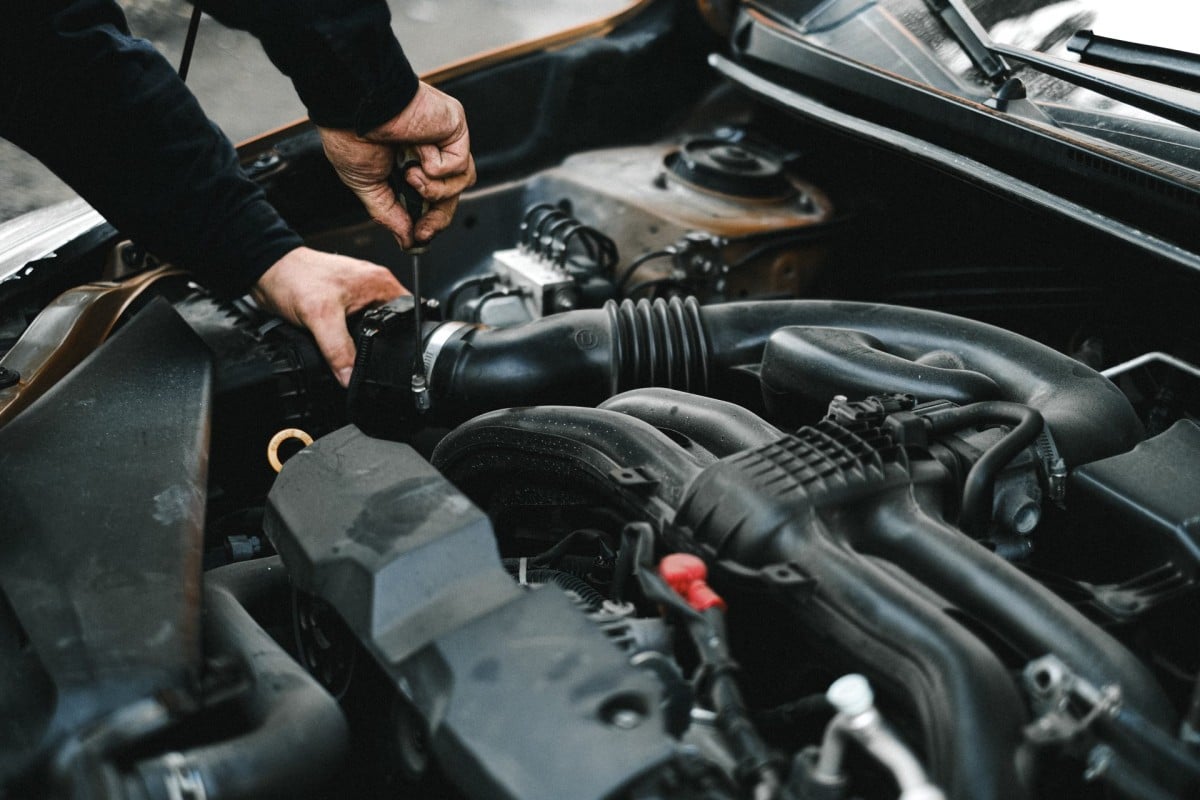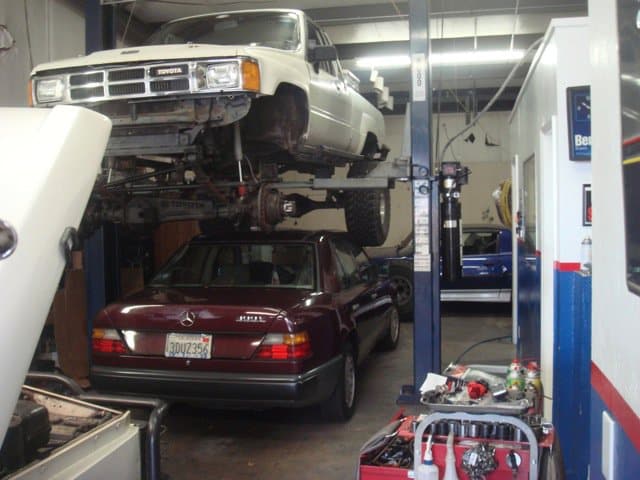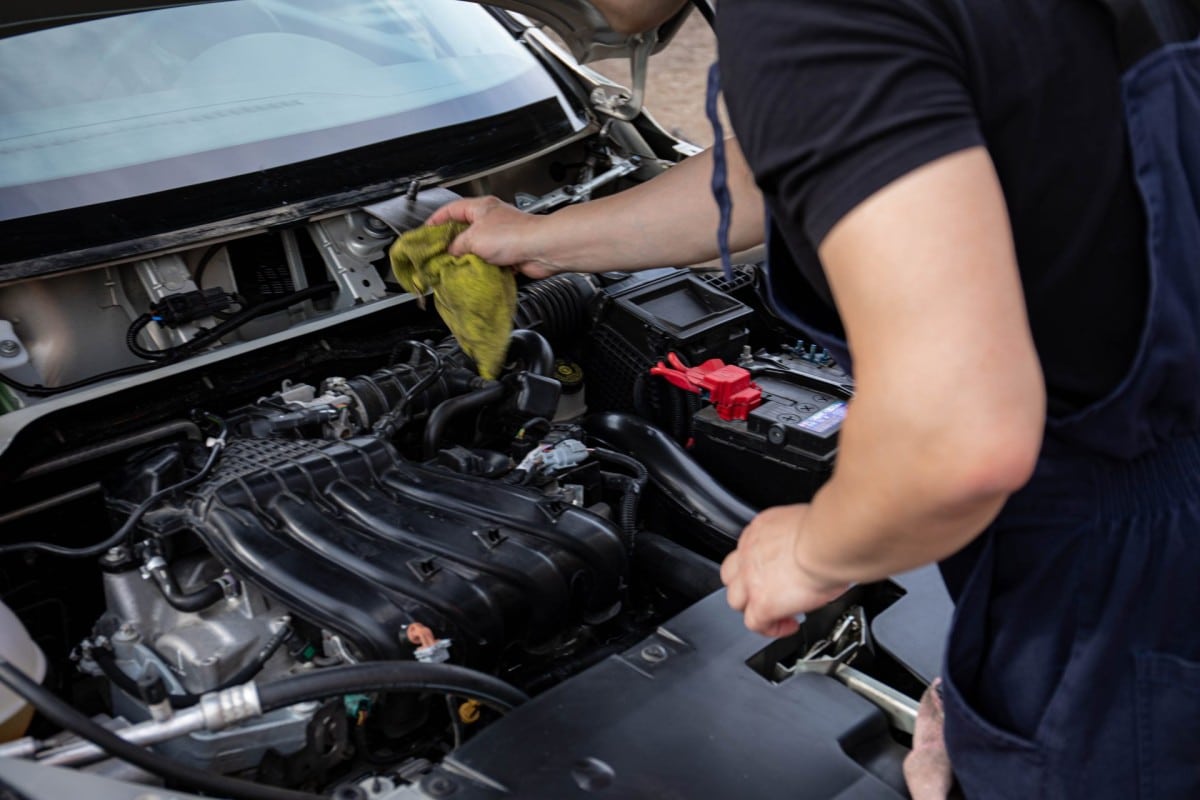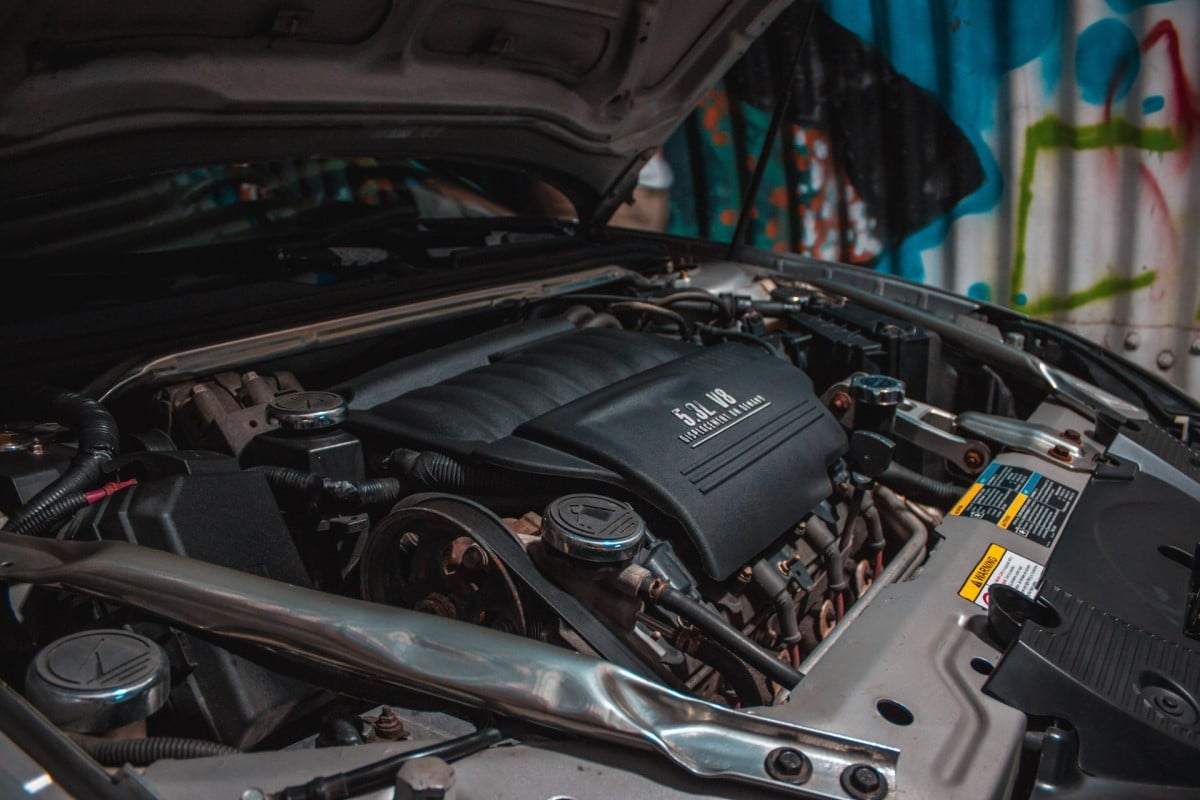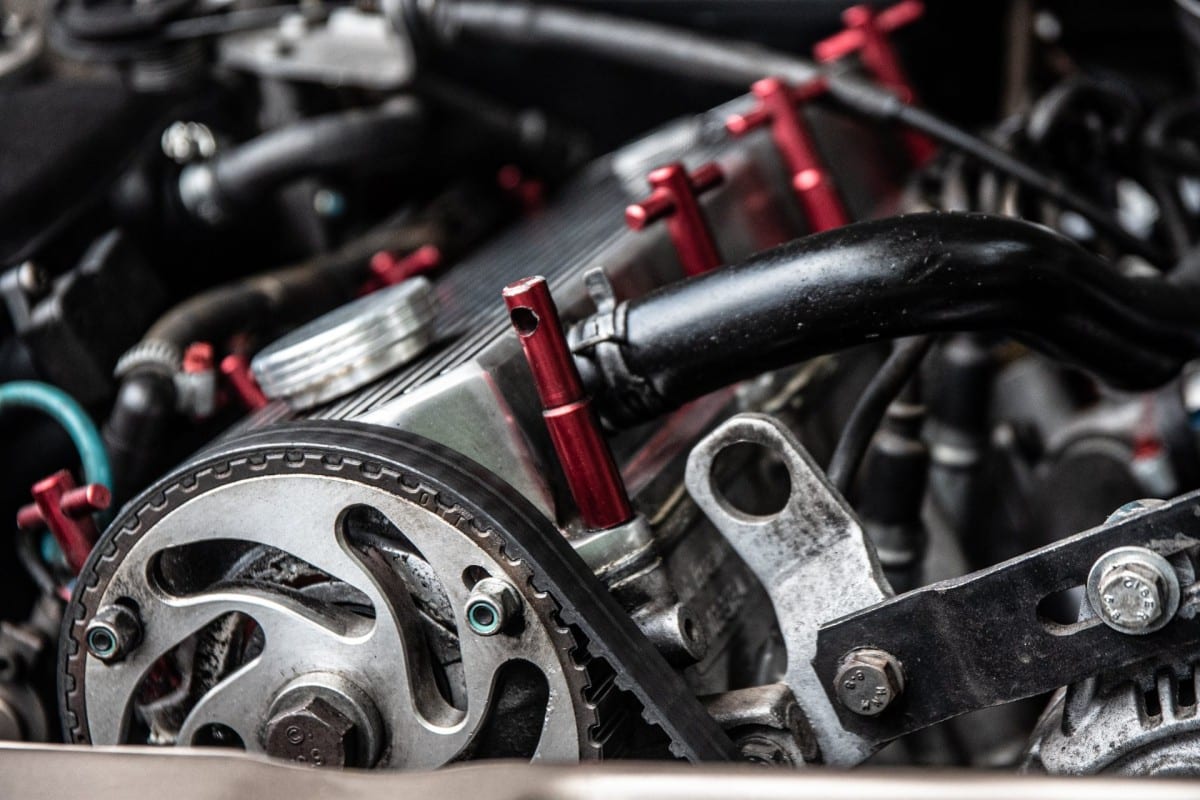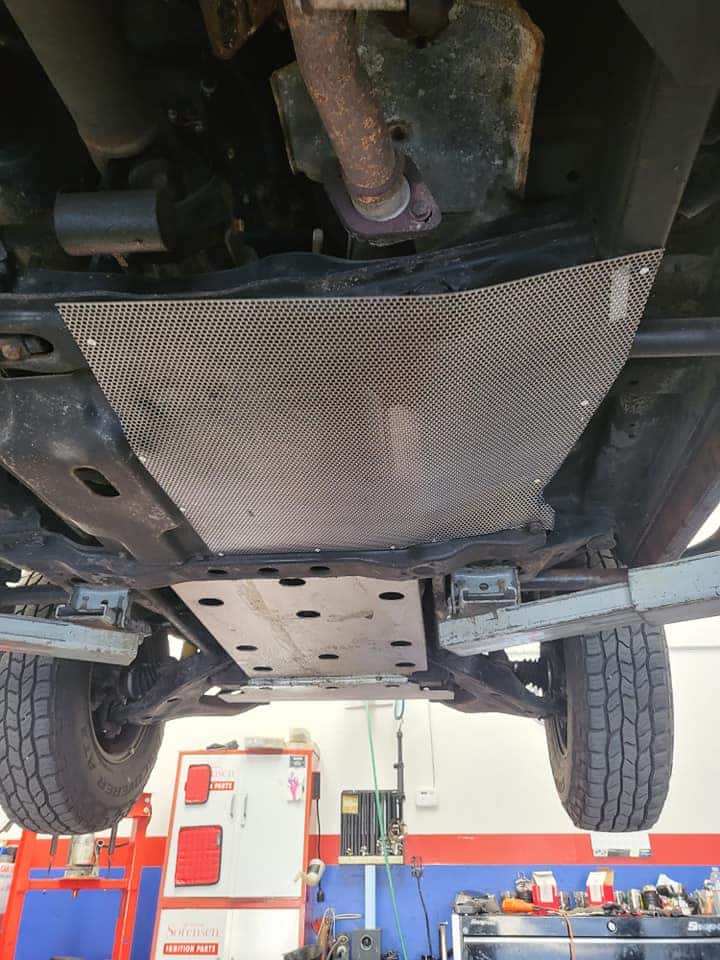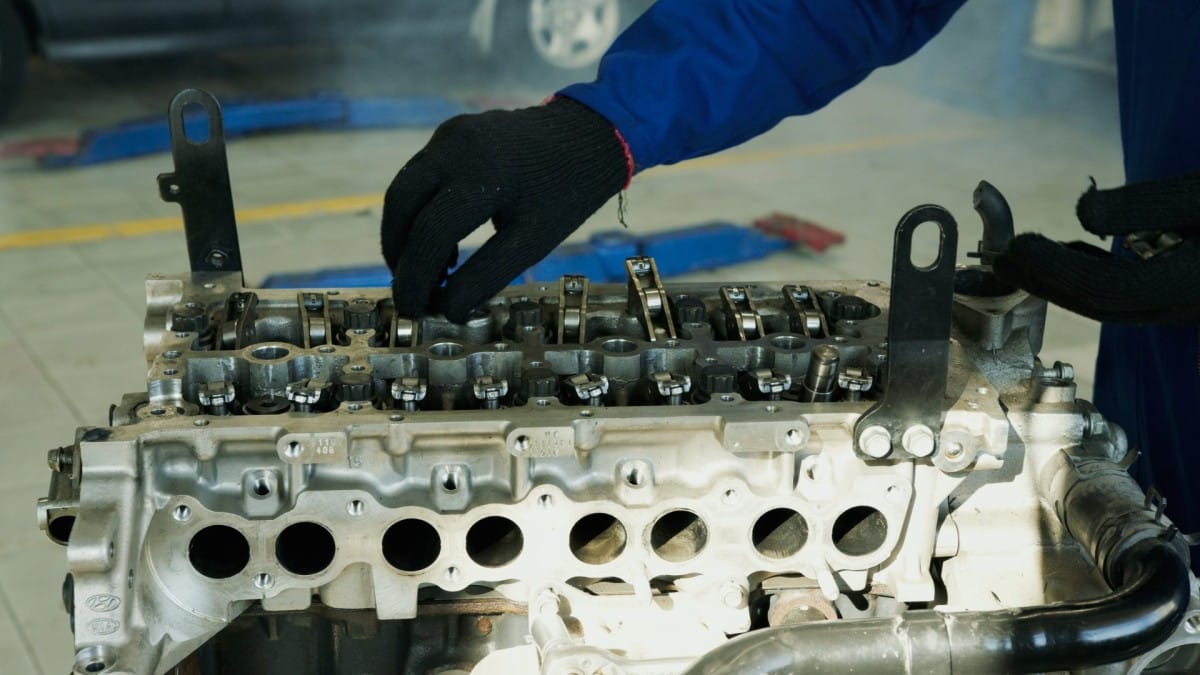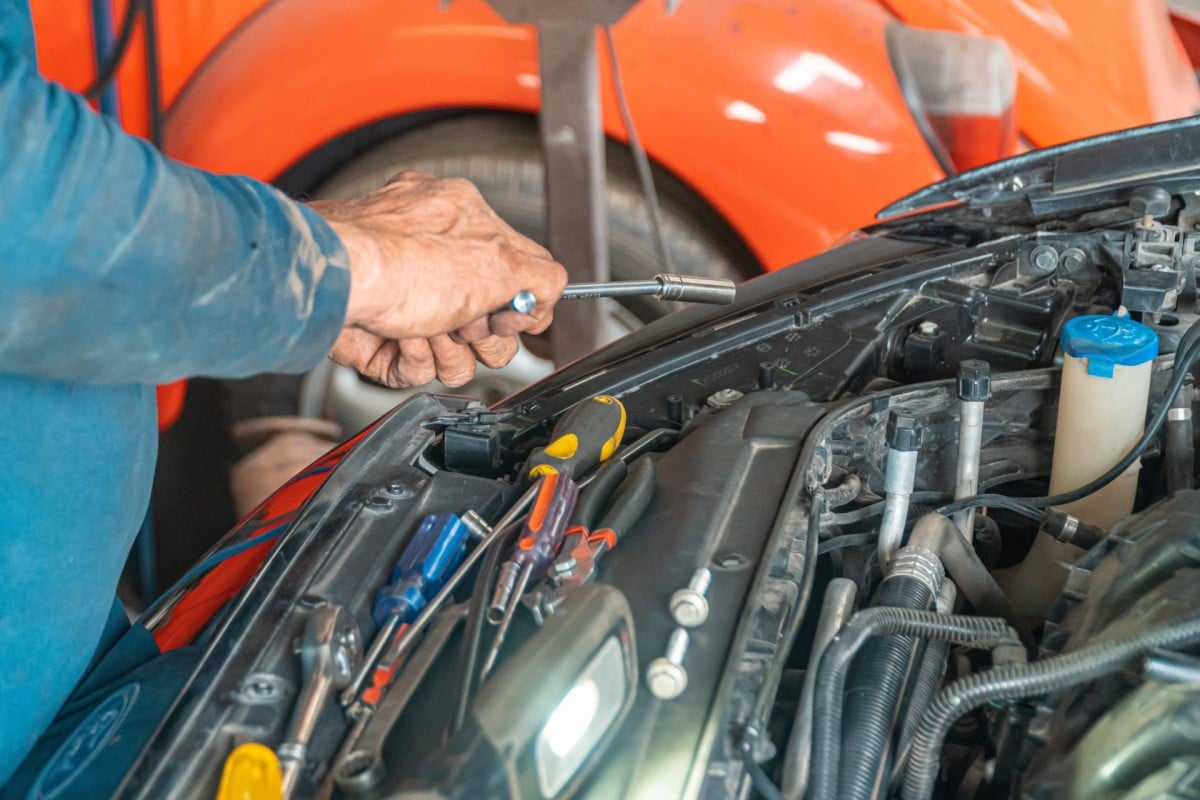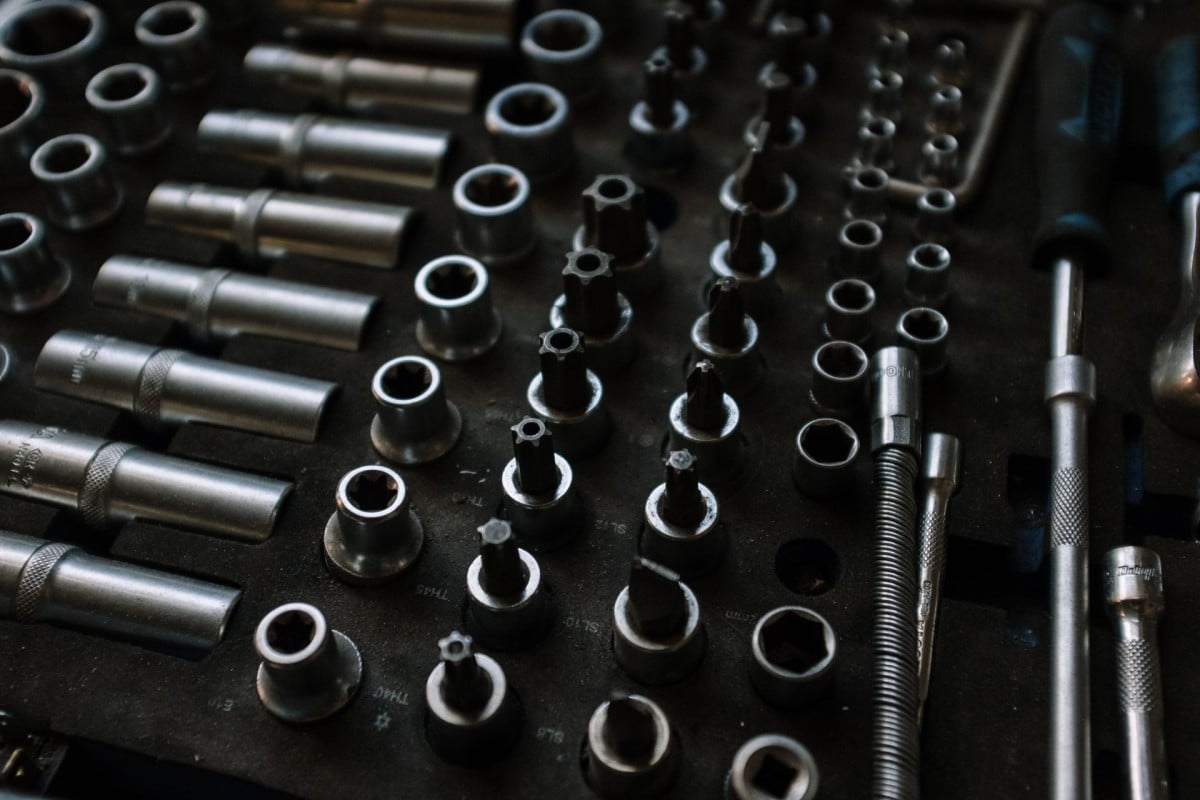Ever had the chance to peer under the hood of your car? It's a complex system of gears, pipes, and machinery that powers your vehicle. Central to all these moving parts is the engine, the heart of your car. And just like a human heart, it requires clean, adequate lubrication to function at its best. That's where regular oil changes come into play.
Why Are Oil Changes Crucial?
Engine oil plays a pivotal role in ensuring the smooth operation of your car. Not only does it lubricate moving parts, but it also reduces friction, cools the engine, and prevents corrosion. Over time, however, engine oil breaks down and collects debris. When this happens, it's unable to perform its function effectively.
Consequences of Delaying Oil Changes
Postponing oil changes might seem like a savvy move to save a few bucks, but it's a classic case of penny-wise, pound-foolish. When old oil circulates through the engine, it causes excessive wear and tear. This can lead to costly repairs down the line, not to mention the potential for engine failure.
To illustrate, consider the case of a customer who came into our shop last month. Her car, a 2010 Honda Accord, had been running on the same oil for over a year. The result was a catastrophic engine failure that cost her thousands of dollars in repairs, all because she neglected regular oil changes.
How Often Should You Change Your Oil?
The answer to this question will depend on several factors, including the type of car you drive, your driving habits, and the climate you live in. However, as a general rule, most car manufacturers recommend changing your oil every 7,500 to 10,000 miles, or every six months, whichever comes first.
But, if you're driving an older model, or frequently take short trips, tow heavy loads, or drive in extreme weather conditions, you may need to change your oil more frequently. We recommend consulting your vehicle's owner manual or a trusted mechanic for the best advice.
Quality Matters
It's not only the frequency of oil changes that counts but also the quality of the oil used. High-quality engine oil will maximize the longevity and performance of your engine, ensuring your vehicle remains on the road for as long as possible.
The Bottom Line
Regular oil changes are a small investment that can pay significant dividends in the long run. By keeping your engine well-lubricated and clean, you not only extend the life of your car but also improve its performance, fuel efficiency, and overall reliability.
So next time your dashboard oil light flickers, don't ignore it. Bring your car down to our auto repair shop in Santa Rosa, CA. Our skilled mechanics will take care of your oil change needs, ensuring your vehicle continues to perform at its best. Remember, it's not just about prolonging the life of your car, but also about keeping you safe on the road. Isn't that worth the investment? Come visit us at Sartorial Auto Repairs and give your car the care it deserves.


